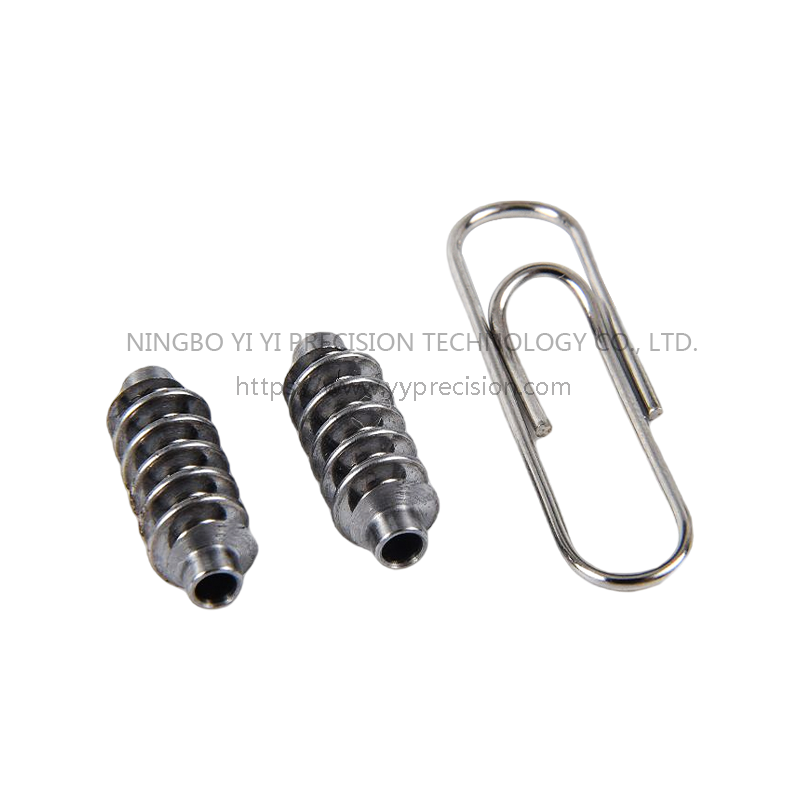Stainless Steel Crank Shaft
Material:Shaft

High precision and accuracy in precision turning shafts are critical features that ensure the quality and performance of various mechanical and industrial applications. Precision turning, often referred to as CNC (Computer Numerical Control) turning or lathe machining, involves the process of shaping a workpiece into a desired form by removing material using a cutting tool.
Advanced Machinery and Tools: The High-precision turning specialized CNC lathes and machining centers equipped with advanced control systems and precision components. These machines are designed to minimize vibrations, deflections, and thermal variations, which can all impact the accuracy of the finished shaft.
Tolerances and Measurements: Tight tolerances are specified for precision turning shafts to ensure that the final product meets the required specifications. This involves controlling dimensions such as diameter, length, roundness, concentricity, and surface finish within very narrow limits. Sophisticated measuring instruments like micrometers, calipers, and laser measurement systems are used to verify the dimensions at different stages of the machining process.
Cutting Tools and Inserts: The selection of cutting tools and inserts is crucial for achieving high precision. Carbide inserts with sharp edges and specific geometries are used to make accurate cuts. These tools are carefully chosen based on the material being machined, the required surface finish, and the desired tolerances.
Stable Workholding: Securely holding the workpiece is essential to prevent movement during machining. High-quality chucks, collets, and fixtures are used to ensure that the workpiece remains stable and properly aligned with the cutting tool.
Programming and CAD/CAM Systems: Computer-aided design (CAD) and computer-aided manufacturing (CAM) systems play a significant role in precision turning. These systems allow engineers to create accurate 3D models of the shaft and generate precise machining paths. The programming also takes into account factors like tool paths, cutting speeds, feed rates, and tool changes to achieve the desired precision.
Tool Path Optimization: Optimizing the tool path helps to reduce unnecessary movements, minimize vibrations, and maintain consistent cutting conditions. This results in improved accuracy and surface finish.
Coolant and Lubrication: Proper coolant and lubrication are crucial for maintaining temperature stability and extending tool life. Coolants also help in removing chips efficiently, preventing chip buildup that could affect the machining accuracy.
In-Process Inspection: Regular in-process inspections are performed to monitor the progress of the machining and ensure that the dimensions and tolerances are being met. If any deviations are detected, adjustments can be made in real-time.
Quality Control: The final precision turned shafts undergo thorough quality control processes that may include measurements using highly accurate coordinate measuring machines (CMMs) or optical inspection systems. This ensures that the manufactured shafts conform to the specified tolerances and requirements.

CARBON / ALLOY STEEL WORM SHAFT
Material:45#
Size:OD 15mm*Length 58mm
Weight:9g
Color:Natural/Anti-Rust Treatment